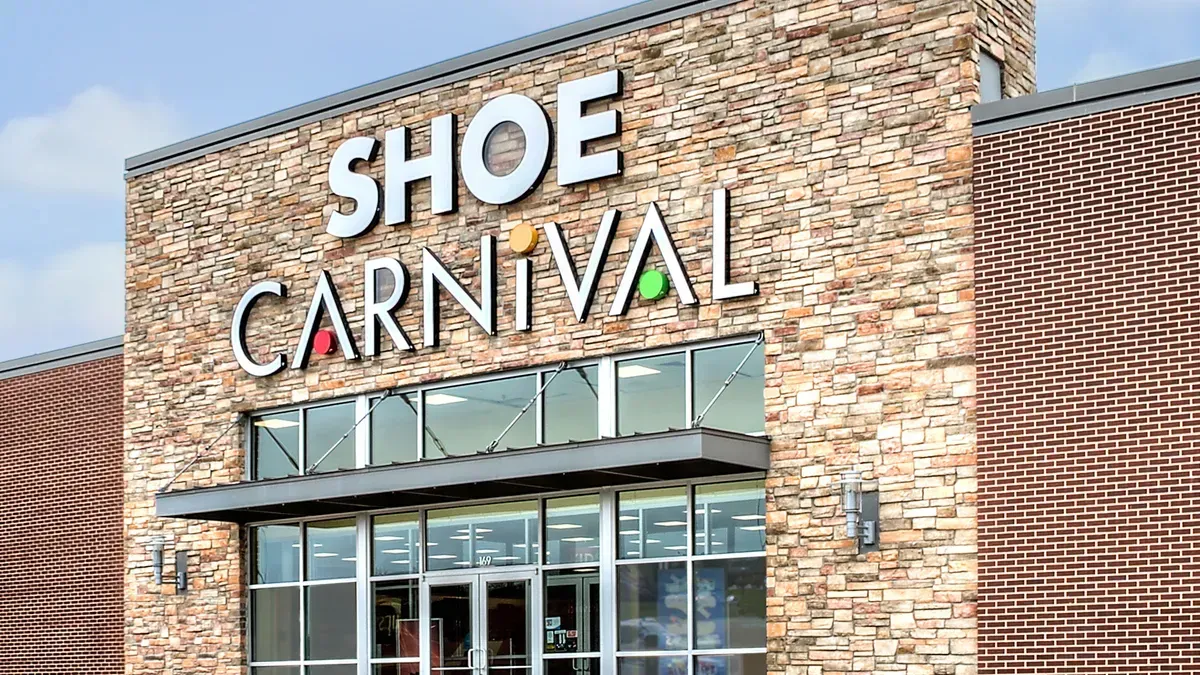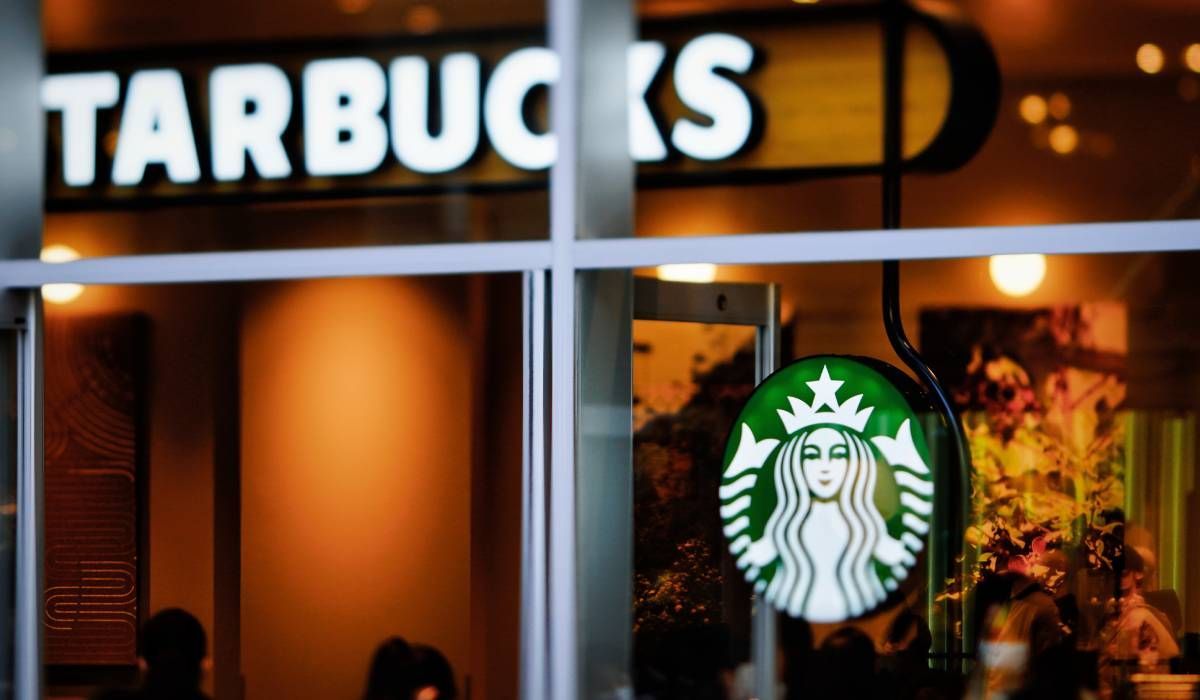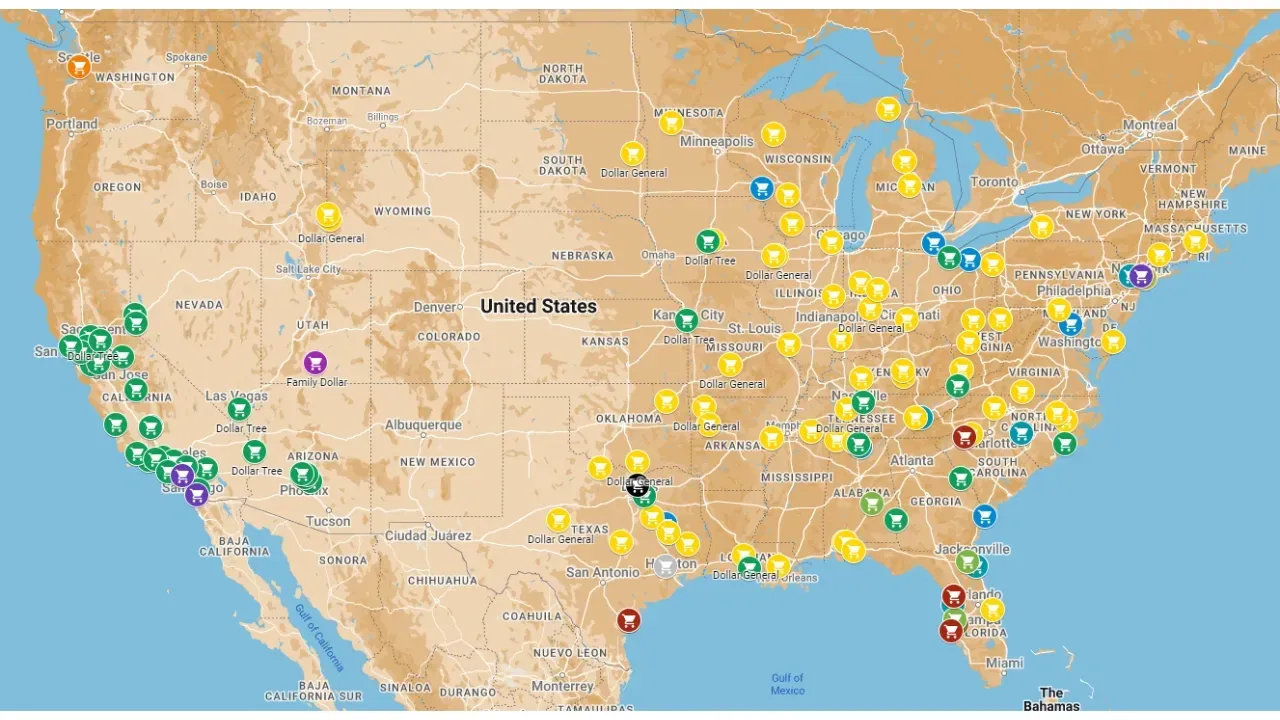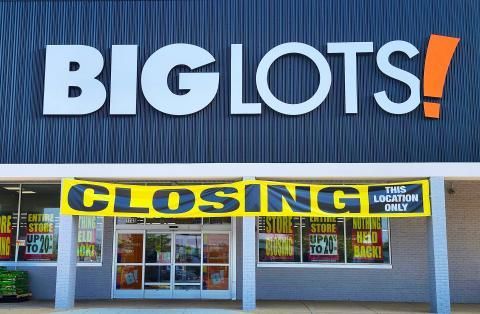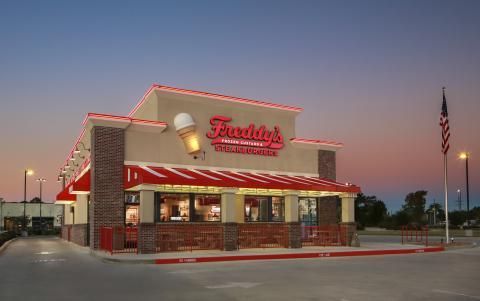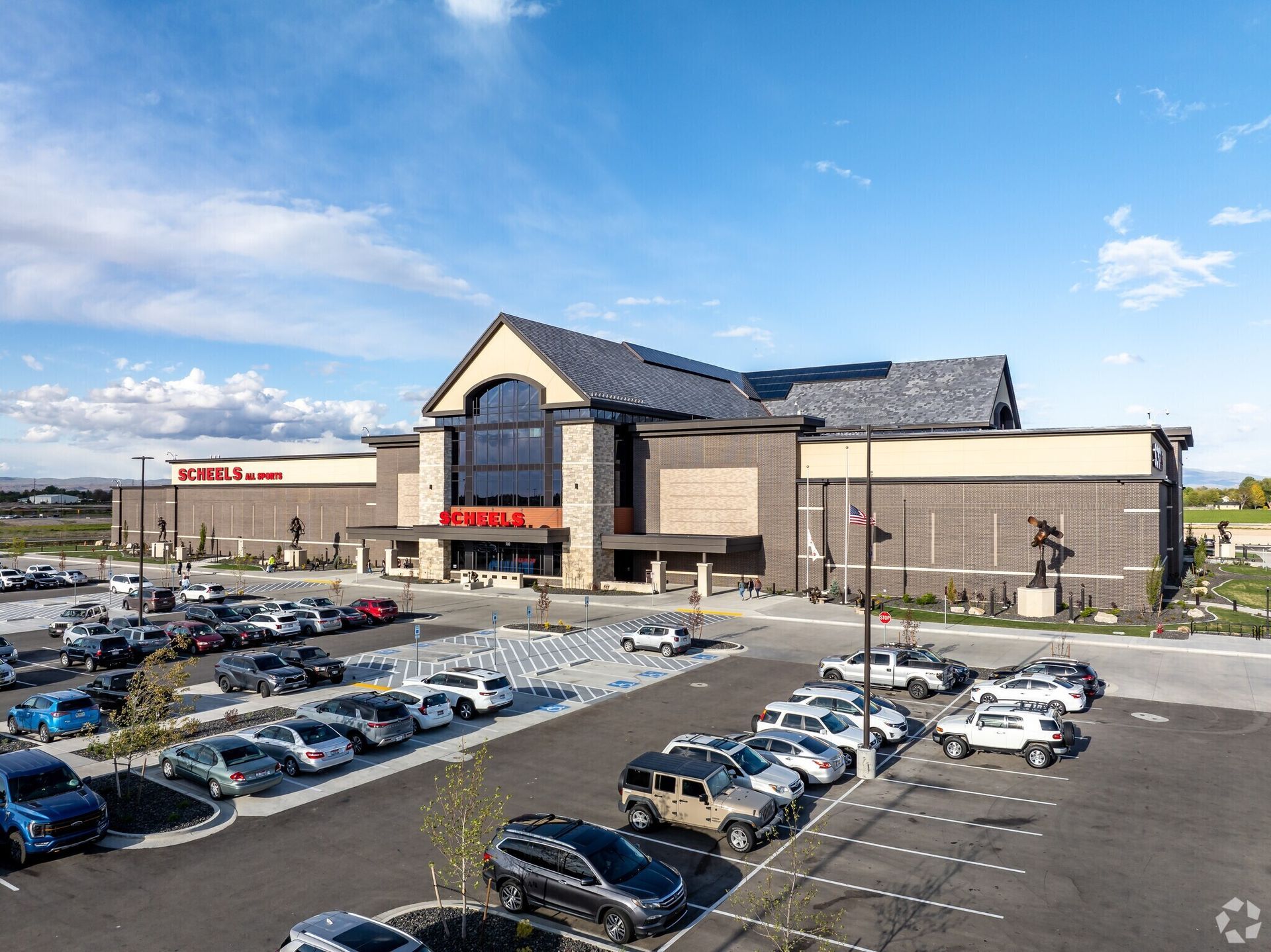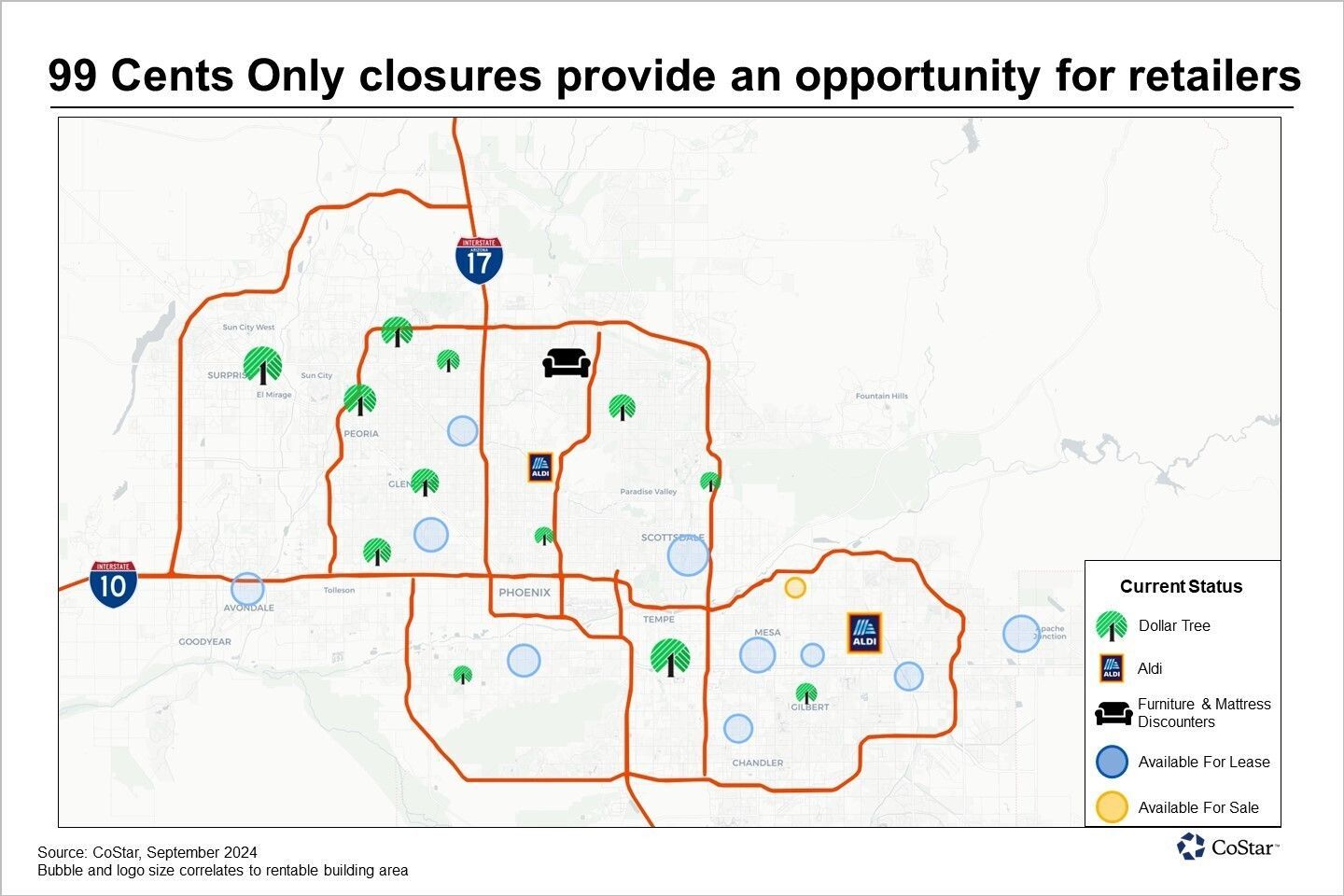By Marc Perlof
•
December 15, 2025
By Marc Perlof | MarcRetailGuy December 15, 2025 If you own retail real estate, here is what the newest Federal Reserve move means for your property today. Another ¼ point reduction in interest rates was the result of the Federal Reserve's most recent decision. Jerome Powell highlighted a weakening economy, decreasing inflation, and an obviously cooling labor market in his speech. He pointed out that while services continue to soften at a gradual, steady pace, goods inflation is still sticky due to tariffs. The Fed wants to reduce inflation without overturning the labor market, and employers are cutting down on hiring. Crucially, Powell also stated that policy is already almost neutral and that future decisions will be careful and data-driven rather than instinctive. As the year draws to a conclusion, these signals now influence the actions of regular investors. What does this mean for owners right now? Property values are not increased by rate reductions alone. They accomplish this by lowering uncertainty. Investors resume underwriting as borrowing costs become more predictable. Tours pick up, buyers start modeling offers they passed on a month earlier, and lenders start pricing. Activity nearly always rises first, even if final price has not yet changed. This translates into firmer terms, more talks, and buyers who are now ready to step off the sidelines for active listings. This change is supported by recent economic data. Due to consistent consumer expenditure, services are still growing. As new orders and jobs decline, manufacturing continues to suffer. While the manufacturing PMI is below 50 for the ninth consecutive month, the Institute for Supply Management's (ISM) non-manufacturing Purchasing Managers' Index (PMI) is in expansion territory. The majority of retail tenants reside in the services sector of the economy rather than the goods-producing sector, which makes this division significant. Expect additional momentum for current listings over the following few weeks. Because the US inflation forecast is uncertain, investors continue to underwrite cautiously; yet, direction is important. The direction is getting better for the first time in months. Powell's speech and the national surveys for Q1 and Q2 2026 indicate a two-stage year with a significant warning about future rate decreases. According to the Fed's own estimates, officials anticipate at most one more rate decrease in 2026. Powell emphasized that the Fed is "well positioned to wait" and evaluate new information before taking action. This implies that the market shouldn't anticipate quick or forceful relaxation. • Q1 2026 can seem sluggish. Input prices are still high, hiring is declining, and many companies will postpone plans for growth as they wait to see if inflation continues to decline. Buyers will remain picky as the Fed is probably on hold. • If inflation continues to decline and the Fed implements small, gradual monetary policy changes, Q2 2026 may see a recovery. When paired with more precise policy guidance, even one more cut can increase transaction volume before it increases pricing. Value shopping, food, retail related to everyday necessities, and service-based tenants ought to perform well. Thin-margin businesses and merchants who sell a lot of goods may find it difficult to keep up with growing expenses. Key insights for property owners today: • Services PMI remains in expansion, showing steady consumer demand². • Manufacturing PMI continues to contract, signaling weakness in goods production². • Employers across sectors are slowing hiring, supporting Powell’s cooling labor market comments¹. • Construction and TI costs remain high due to elevated material prices, including steel, electrical components, and aluminum². • Cap rates are unlikely to compress quickly, but clearer Fed guidance helps stabilize valuations. Recent data worth noting: The ISM non-manufacturing index remained above 52 in November 2025², showing healthy service-sector activity tied to consumer spending. Powell's warning that the job market is deteriorating was reinforced when manufacturing employment dropped to one of its lowest levels this year¹. This is the time for owners to get ready. As underwriting becomes more stringent, clean rent rolls, transparent financials, current CAM reconciliations, and compelling tenant narratives become increasingly important. The owners who are ready make the first gains when activity increases before prices change. If you want to understand how today’s economic shift and the Fed’s cautious 2026 outlook impact your value, cash flow, or timing for a sale or refinance, let’s talk. Call or DM me for more information. With the Fed signaling patience in 2026, are you positioned to benefit from higher activity before pricing fully adjusts? #RetailRealEstate #FederalReserve #CREInvestment #EconomicOutlook #MarcRetailGuy



